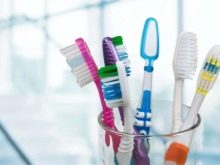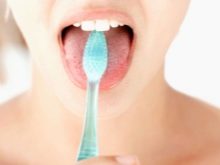How to brush your teeth properly?
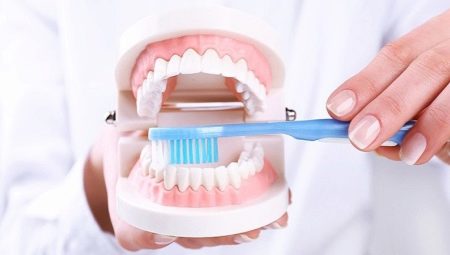
We are taught how to brush our teeth from early childhood. However, often after visiting the dentist, it turns out that even adults brush their teeth incorrectly. From this and all the problems associated with dental health. Therefore, it is very important to pay proper attention to brushing your teeth.
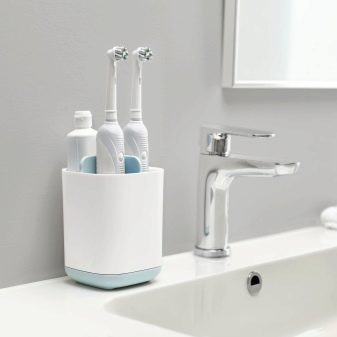
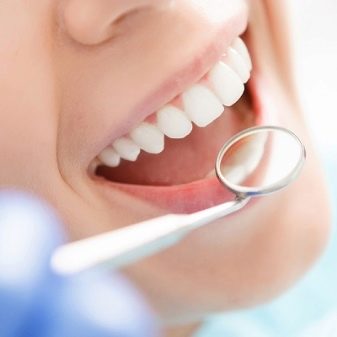
How to brush your teeth?
Morning toilet, like evening care, is simply unthinkable without brushing your teeth. And this should not be just a showcase event. You should take care of your oral cavity correctly, using all the necessary products for this procedure and following the cleaning scheme.
Brush
It all starts with choosing a brush. In most cases, you should heed the advice of your dentist, who knows better than you what problems there are in the oral cavity. Brushes are hard, soft and medium hard. It is the latter option that is most often chosen, since overly soft brushes can poorly clean enamel, and too hard brushes can injure the gums.
But in some cases, your dentist may recommend using these types for a while. For example, if the gums are inflamed and they are being treated, you need to use a softer brush for some time. If, on the contrary, you need to pay attention to your teeth, remove plaque or whiten them, you can choose a tougher option for a while. Brushes can have different handles, straight or angled. The bristles can also be arranged in different ways - in even rows or of different heights. The color scheme is also very diverse.
In any case, it is worth remembering that the brush must be changed regularly - at least once every three months. In addition, it should be rinsed well after each cleaning and stored properly.
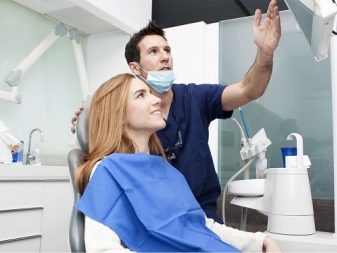
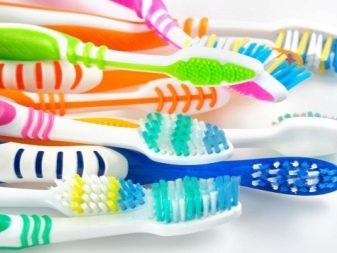
There are special cases for the brush that prevent dust particles from settling on it and bacteria. The brush can be either completely in the case, or only its upper part, where the bristles are located.
Some people prefer to use an electric one instead of a regular brush. It really removes plaque effectively and cleans teeth well. But dentists do not recommend using it every day, morning and evening, but only 3 times a week. Even less often, you can use an ultrasonic brush, which also fights plaque well.
In addition, do not forget that the brushes are good helpers:
- brushes;
- dental floss;
- irrigators.
The brush is not able to clean the interdental spaces in the way that these objects are able to cope with it. And irrigators, among other things, also massage the gums, thereby improving their blood circulation.
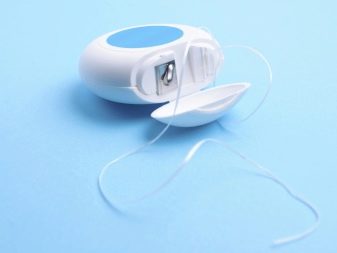
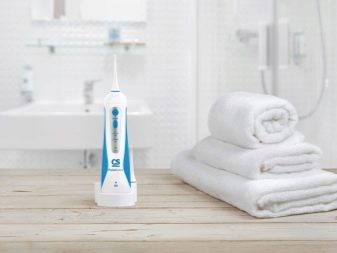
Paste
There are a great variety of pasta in stores today - domestic and foreign manufacturers. Again, your dentist will help you make the right choice based on the characteristics of your teeth and gums. If there is persistent plaque due to regular consumption of coffee, smoking, whitening paste can be used for two to three months. If you need to prevent gum disease or bleeding, you can choose herbal pastes.
For children, you need to choose exclusively children's pastes. Their formulations are specially designed for children's teeth. In addition, accidental ingestion of the paste will not harm the stomach. Baby pastes most often have a pleasant aroma and taste to make cleaning more pleasant and to accustom the child to this important procedure. In other cases, you can be guided by your own tastes and willingness to spend this or that amount on oral hygiene products. In addition, a rinse aid is a good addition to the paste, which can be used to end hygiene procedures or between cleanings.
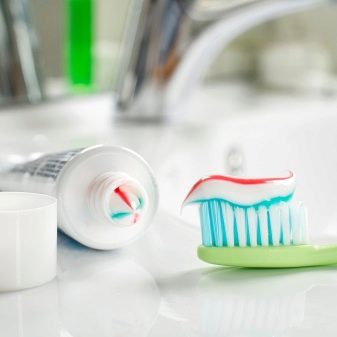
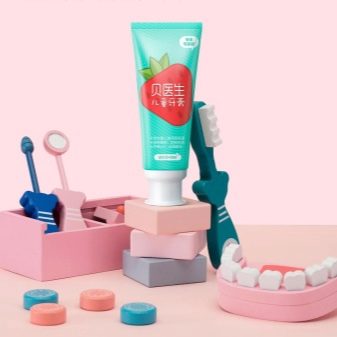
Powder
Tooth powder used to be used most often by children, so as not to accidentally swallow harmful substances contained in toothpastes. Currently, there are a large number of pastes designed specifically for children. Therefore, the need for tooth powder has long disappeared. In addition, its effect cannot be called useful. Dentists believe that with prolonged use, the powder tends to damage the enamel. It can only be used for some time in the absence of other oral care products.
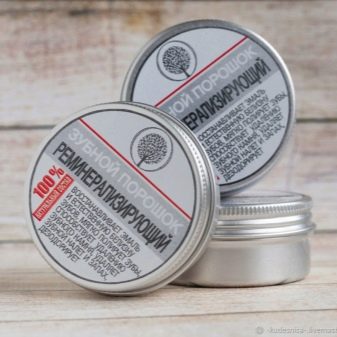
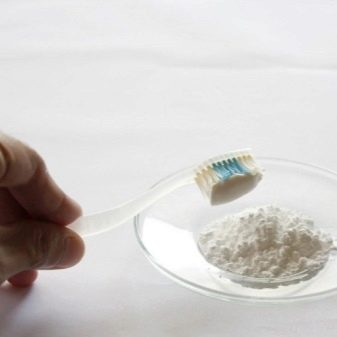
Basic cleaning rules
A very important role in the safety of teeth is played by whether the rules of cleaning are followed. Let's take a look at some of them.
- Hygienic treatment of the oral cavity should cover all areas, even the most difficult to access. This is the only way to remove plaque and bacteria from the surface of the teeth, gums, tongue.
- Brush your teeth in the morning (after breakfast or on an empty stomach) and at night. These are obligatory cleansing. But you can also clean it several times a day, after every meal. Provided that the gums are inflamed or wisdom teeth are climbing, daytime cleaning can be replaced by rinsing with the help of special means.
- In order to brush teeth well for both children and adults, it is enough to squeeze just one pea of paste onto the brush. This should be sufficient to remove all bacteria and plaque. The main thing is to correctly manipulate the brush. First of all, these are up and down movements, not horizontal ones. Circles are used only as additional ones.
- But to effectively clean all surfaces in the mouth, one toothbrush is not enough. Poorly cleaned spaces between teeth have a negative effect on the overall health of the teeth. Therefore, it is imperative to remove stuck food with dental floss and remove plaque with a brush.
- Don't rush to brush your teeth. This should be given at least five minutes, thoroughly cleaning all surfaces and hard-to-reach places.
- In addition, it is imperative to visit the dentist at least twice a year, who will carry out professional cleaning, if necessary, and tell you how to properly carry out home care, which brush and paste to choose, what else you can use in addition.
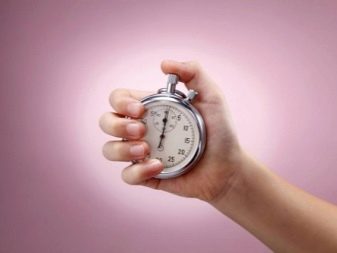
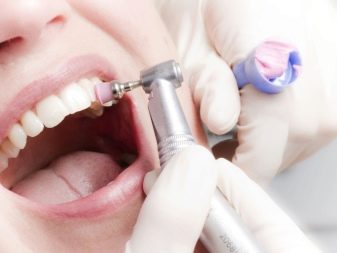
Technique
Most often, a person does not pay enough attention to brushing his teeth, assuming that there is only one brushing method and just a few strokes of the brush are enough to keep the teeth clean and healthy. However, it is not. And in order to avoid caries and other unpleasant consequences, teeth should not be cleaned quickly, but thoroughly, observing certain schemes for cleaning the front and back teeth, in hard-to-reach places. The hygienic procedure must be attended to regularly.
Instructions will help you clean your teeth well.
- The brush should be rinsed with water first, even if there is no doubt about its cleanliness. A pea-sized toothpaste should be applied each time. Using too much will only create too much foam. And the main functions of cleansing plaque are taken over by the brush, the paste is only an auxiliary tool.
- Place the brush towards the top row of teeth at a 45 degree angle. With up and down movements, clean each tooth. The same manipulations are performed from the inside.
- To clean the root space well, dentists advise doing this: place the brush horizontally at the very base of the tooth (where it touches the gum), make a couple of movements left-right, and then down. So you need to work hard to do at each tooth. These sweeping movements will allow you to well clean the root space, where plaque accumulates most often and is poorly cleaned.
- Further, the same should be done with the lower row of teeth, with the only difference that after horizontal movements the brush must be directed upwards. This will sweep away plaque from the lower teeth.
- The same should be done with the lateral surfaces of the molars. Chewing surfaces can be cleaned normally using horizontal motions.
- Then you need to close your jaws and brush your teeth with anterior and lateral rotational movements. This will massage the gums.
- After that, you need to pay attention to the tongue, it also accumulates a large number of bacteria. To do this, you can buy a scraper or a special brush, which has a special coating on the back.
- To clean the interdental spaces well, you can use a brush. The dentist will tell you which size should be chosen in each case. To remove plaque between the teeth, the brush is carefully placed in the interdental gap and gently moved back and forth. After each tooth, the brush is washed well.
- Dental floss can be an alternative. Here, you should unwind a thread of sufficient size, and, cleaning each tooth, the used area should be wound around your finger for convenience. You cannot reuse the same site.
- At the end of the procedure, you need to rinse your mouth well with a special composition. It can be different depending on the purpose - to strengthen the enamel, relieve bleeding gums, give fresh breath.
- After finishing brushing your teeth, you need to rinse the brush well and place it in a case or put in a special glass.
- Very often, dentists recommend using an irrigator. It perfectly fights plaque and actively massages the gums, removes plaque in the interdental spaces.
It is very convenient when using braces, and it is almost impossible to cope with cleaning with a single brush.
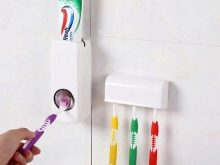
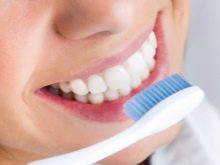
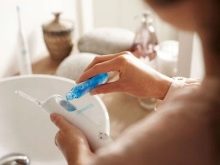
Common mistakes
In most cases, improper brushing can lead to tooth decay, tartar, gum disease, and other problems. Therefore, it is better not to make mistakes, which will be discussed below.
Infrequent or short-term cleaning
Your teeth need to be brushed regularly.With rare cleaning, bacteria occupy the area in the mouth, the number of which grows very quickly, which ends with diseases of the gums and teeth. With irregular hygiene procedures, soft plaque builds up, which over time leads to tartar. And in this case, only a specialist will help. Professional cleaning cannot be called cheap; on average, such a procedure is about 5 thousand rubles. Therefore, it is best to brush your teeth regularly to prevent all of this.
Short brushing is also harmful to the teeth. Therefore, you need to brush your teeth for at least three minutes, using all the necessary tools.
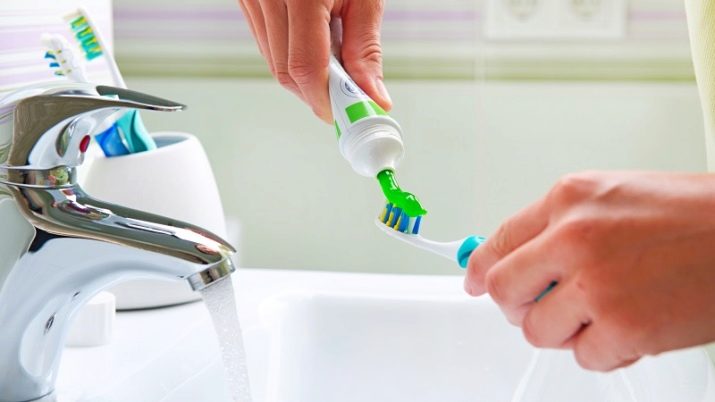
Cleaning too often
Cleaning too often can be harmful too. The first thing to do is damage the enamel. Especially when too hard a brush or bleaching paste is used. Therefore, teeth should be cleaned correctly, regularly, but without excessive fanaticism. If you want to feel constant freshness, there is the option of chewing gum after meals or using a special mouthwash that will kill harmful bacteria and freshen your breath.

Not using dental floss
A toothbrush, no matter how good and ultramodern it is, cannot clean the plaque between the teeth and remove all food debris. It often seems that the teeth are completely clean, and there is no time to floss. But actually it is not. It is worth doing some flossing to make sure there is enough food debris between the teeth. If you ignore this part of the hygiene procedure, over time you can get cavities, and tartar, and gum disease. All this can no longer be dealt with with the help of home procedures. You will have to go to the doctor and spend a lot of money.
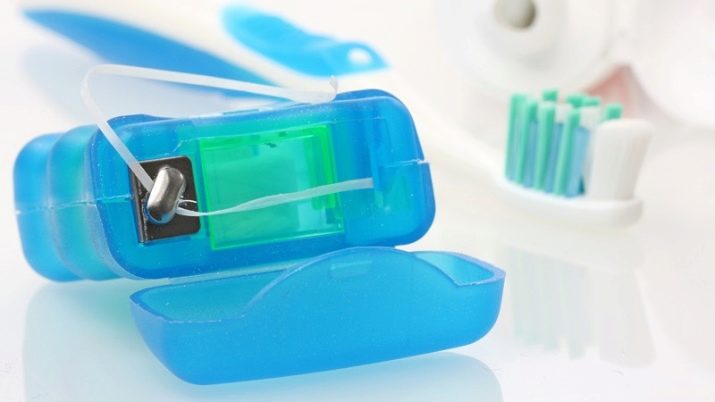
Violation of technique
Some people wonder why teeth deteriorate, gums bleed, because teeth brushing is regular. The fact is that if you brush your teeth in the morning and in the evening, using high-quality and expensive toothpastes, but do not follow the brushing technique, there will be no sense. Indeed, it is the correct movements recommended by dentists that can remove all plaque that forms on the teeth due to food, coffee, smoking and other factors.
Therefore, in no case should you neglect the observance of the technique. Otherwise, you will have to do professional cleaning at the dentist more often.
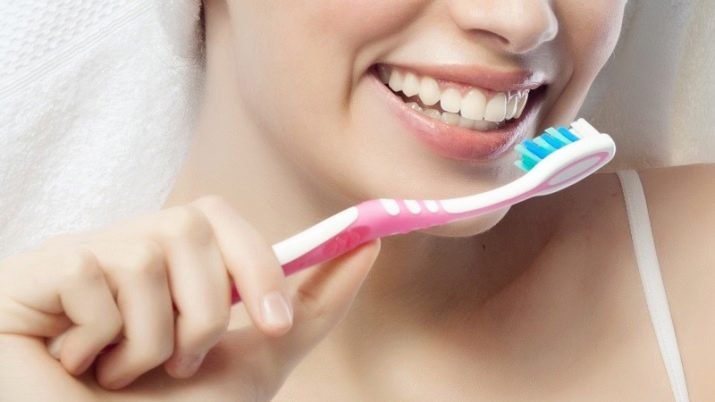
Other
There are other errors that can lead to certain problems. It is worth considering them too.
- Using a hard or soft brush for a long time. The stiff brush is only suitable for people who have no problems with oral diseases. In other cases, with prolonged use, it can damage the enamel, worsen the condition of the gums. A soft brush, on the other hand, cannot handle plaque well. On this score, it is better to consult with your doctor.
- Using the wrong paste. The selection of pasta is very large on store shelves, but it is not always necessary to buy any pasta or be guided only by advertising. So, if you choose a whitening paste with a special sensitivity of the enamel, you can only aggravate the situation. Therefore, with such a problem, you need to purchase only a paste for supersensitive enamel. Or, for example, in case of severe inflammation of the gums, choose a paste with an enhanced effect of freshness. Such a composition will only irritate sore gums and will not lead to anything good. In such cases, it is better to buy an herbal paste and supplement it with a special gum rinse.
- In addition, children should not use adult paste, and vice versa. Such a paste is not suitable for children; it can cause various irritations and other side effects. And adults simply cannot fully cope with cleaning using baby paste.
- Ignoring cleansing of the tongue. This is a very important procedure because a large number of bacteria accumulate on the tongue. And care of the oral cavity, even very high quality, is reduced to naught if this action is neglected.It is enough to complete the procedure by cleaning the tongue with a scraper or a special brush, and many problems can be avoided.
- Eating after the last cleaning. At night, it is imperative to brush your teeth, since a large number of bacteria accumulate during the day. But in no case should you take food and sugary drinks after cleaning, even if it is one candy or one sip of sweet tea.
- Ignoring bleeding gums. If your gums are bleeding, you can't just brush your teeth. Otherwise, it can lead to very serious problems, including tooth loss. Therefore, you need to use special applications of gels, as well as use rinses. Pastes also need to be selected on herbs, until the gums are put in order.
To avoid a variety of mistakes that will lead to unpleasant consequences, you should not hesitate to ask all your questions at the dentist's appointment. It is the doctor who will help you navigate a variety of oral hygiene products and will show you how to brush your teeth correctly on a mock-up.
